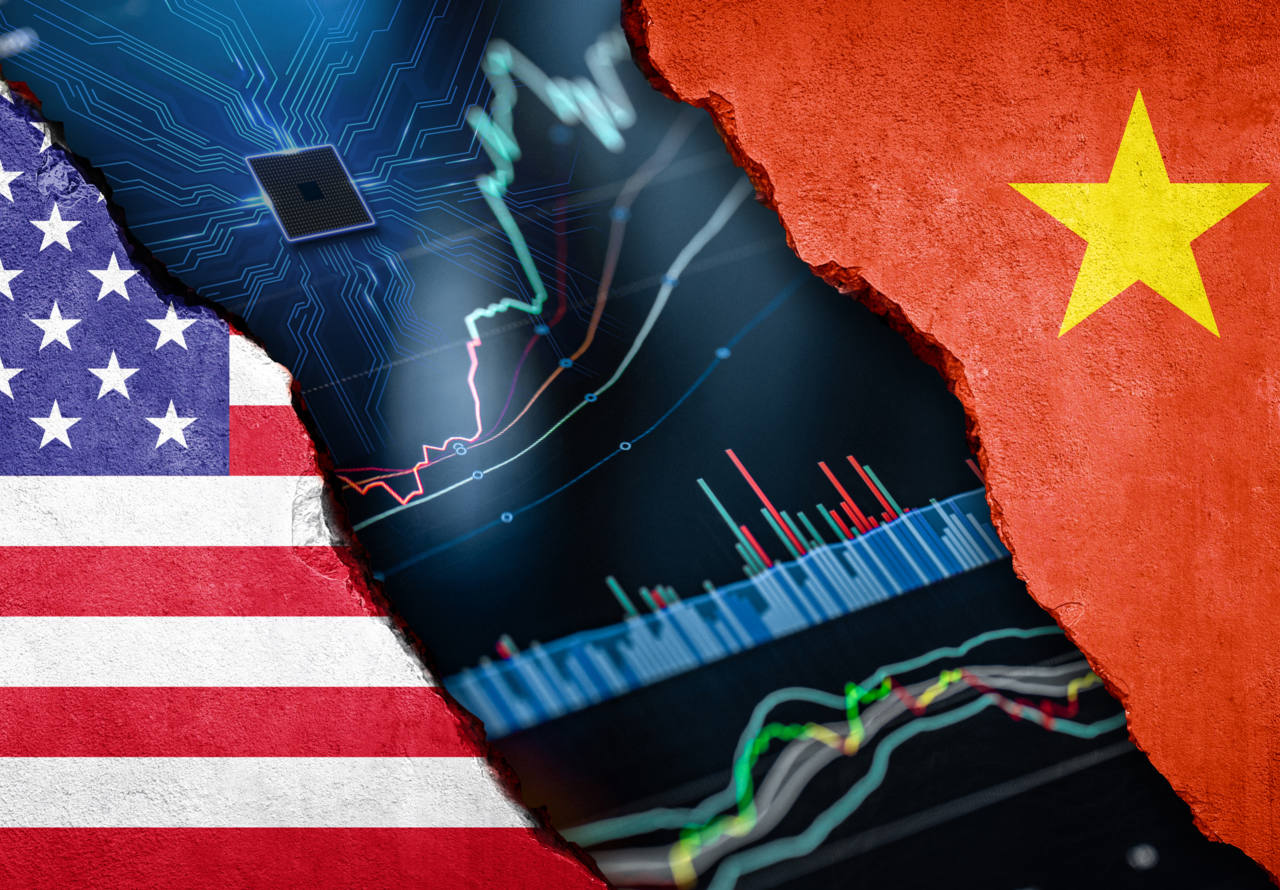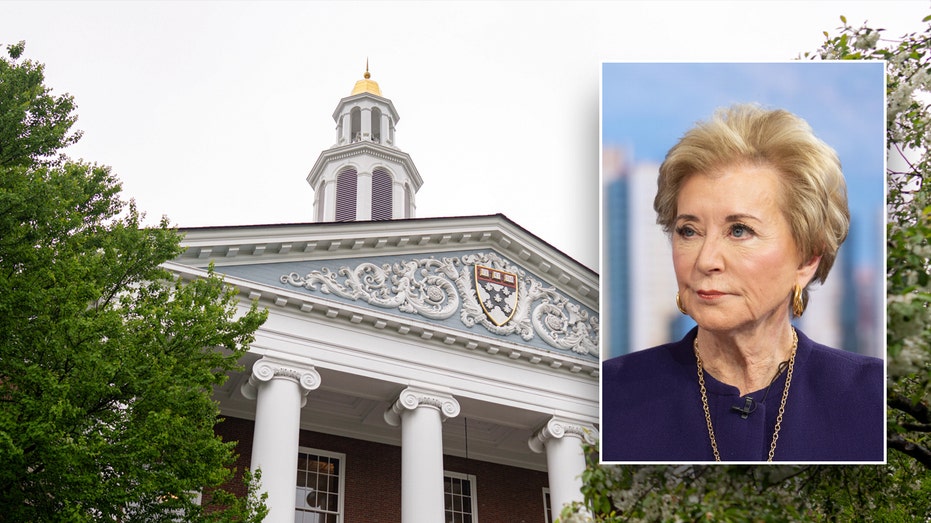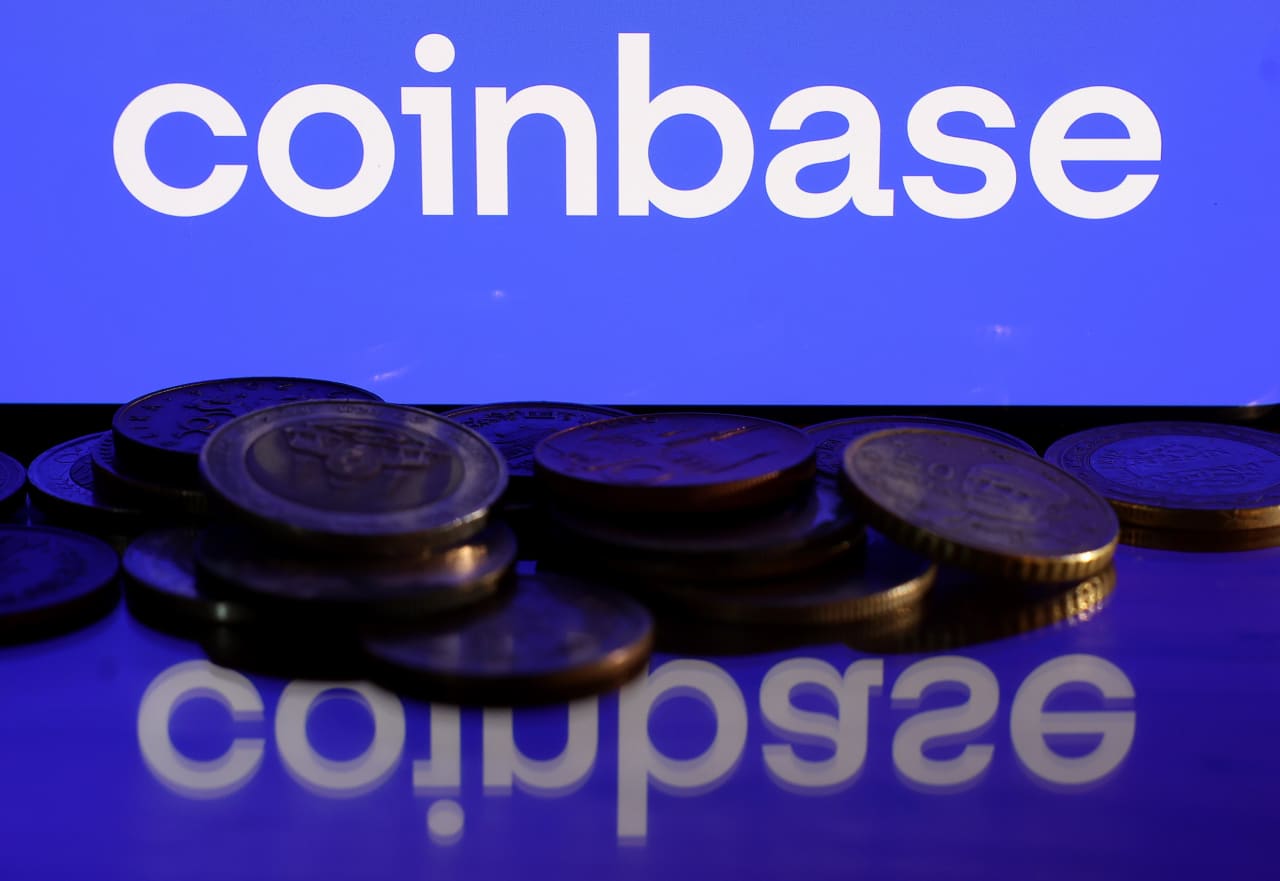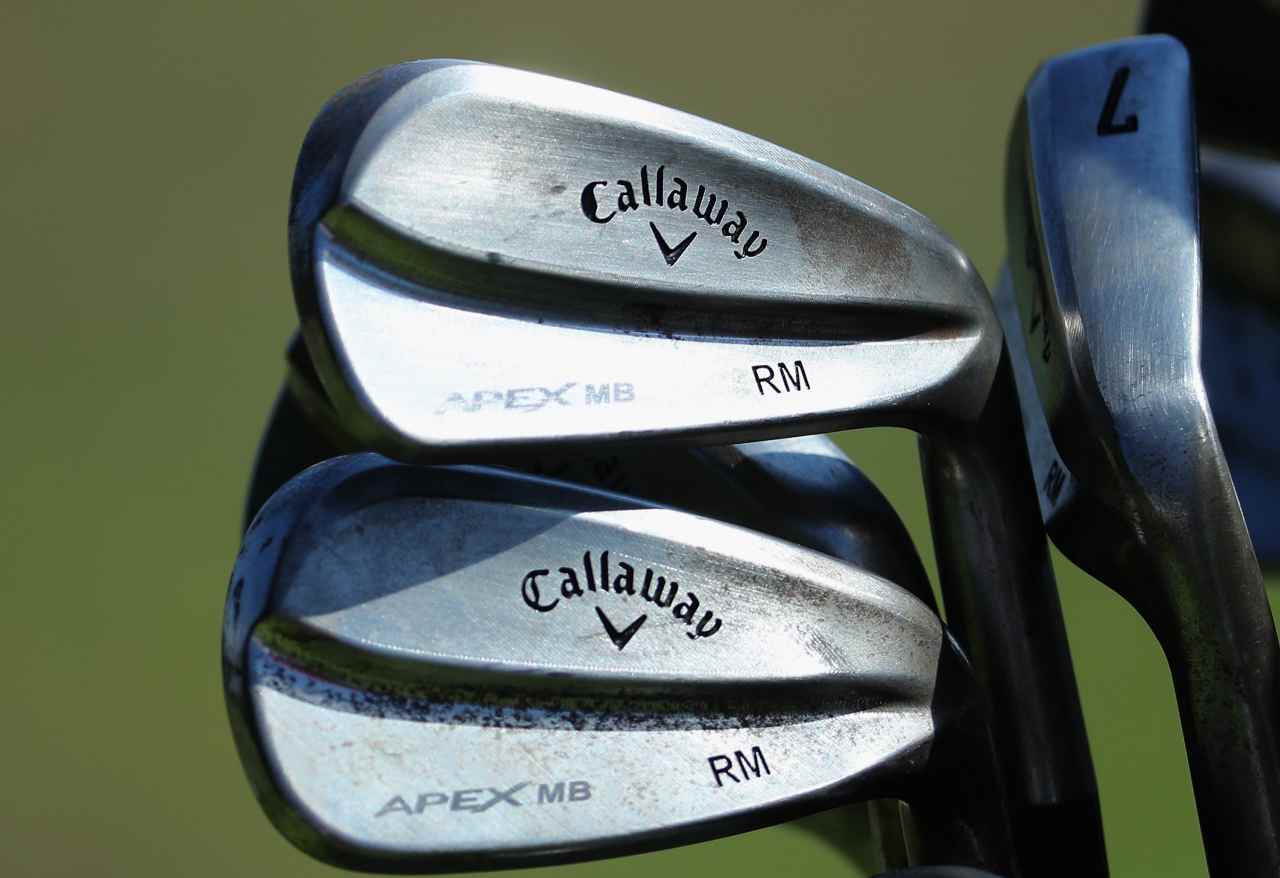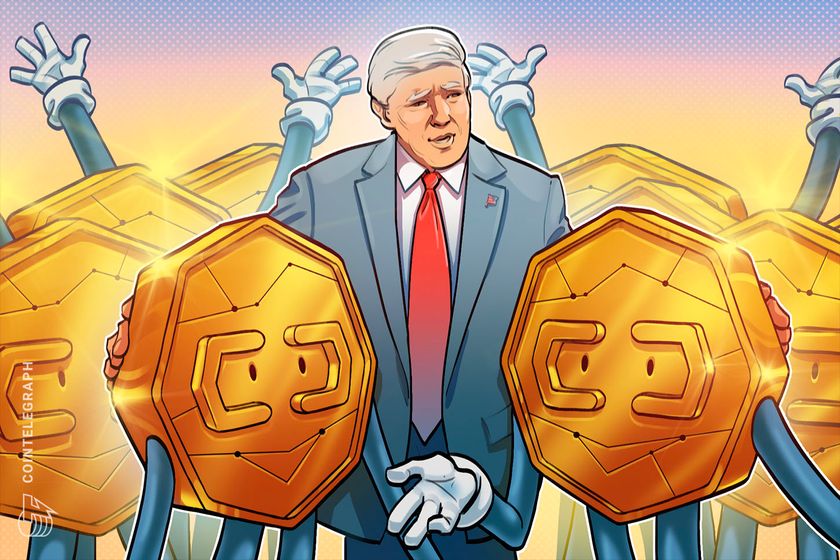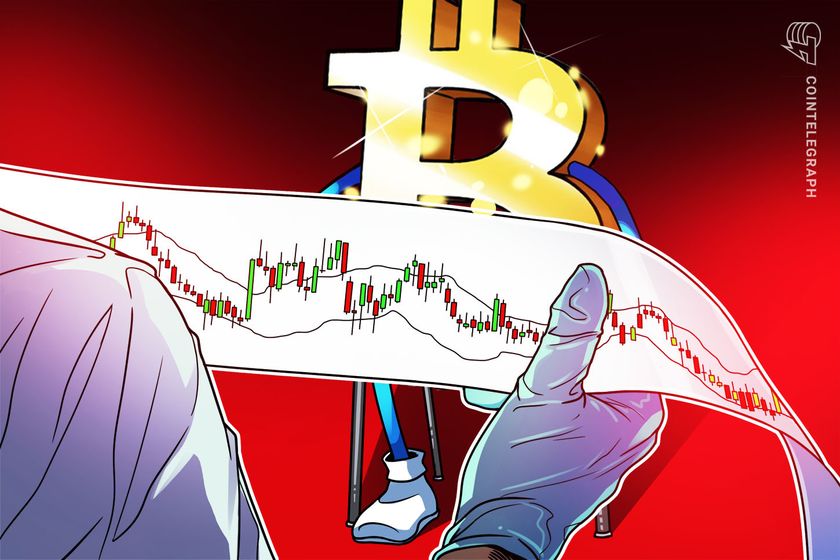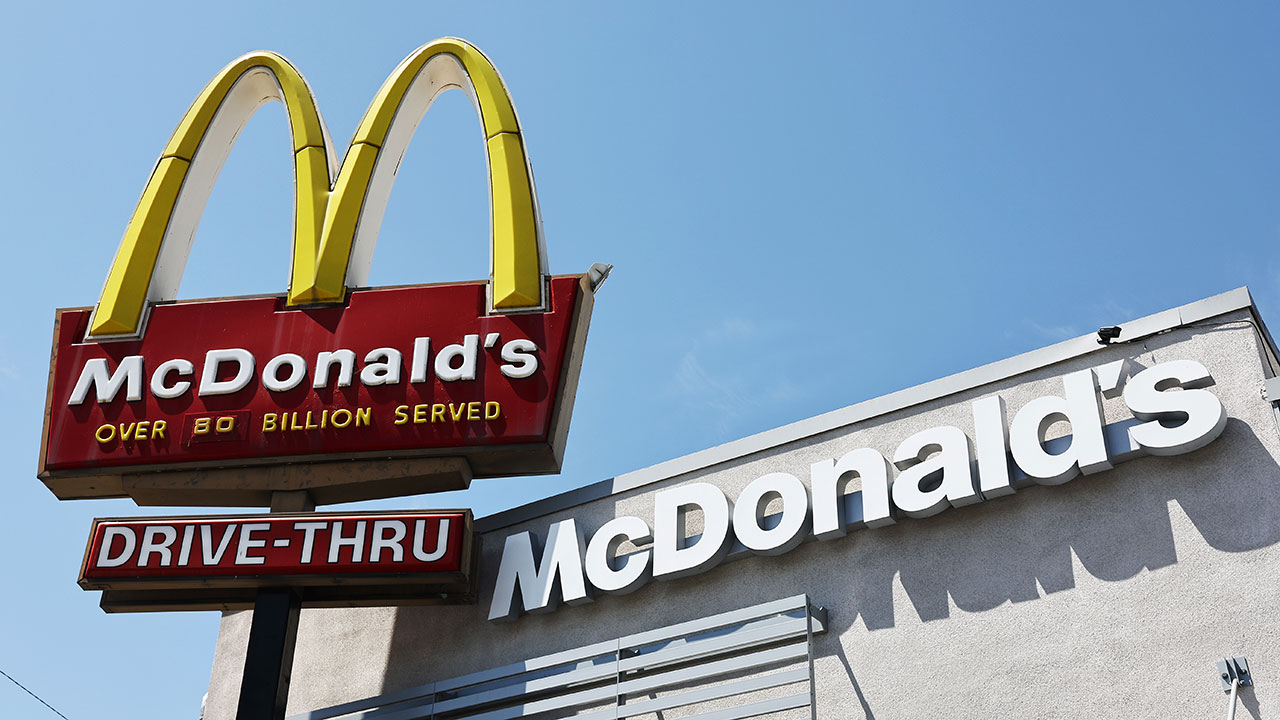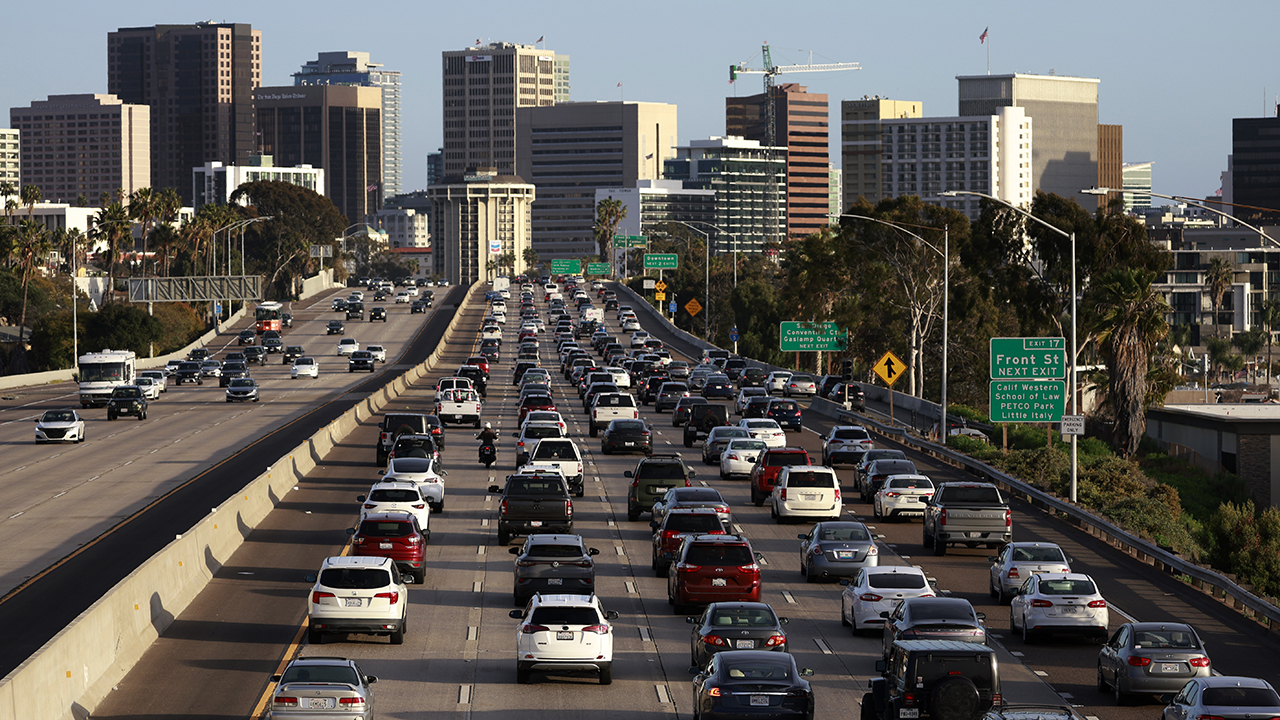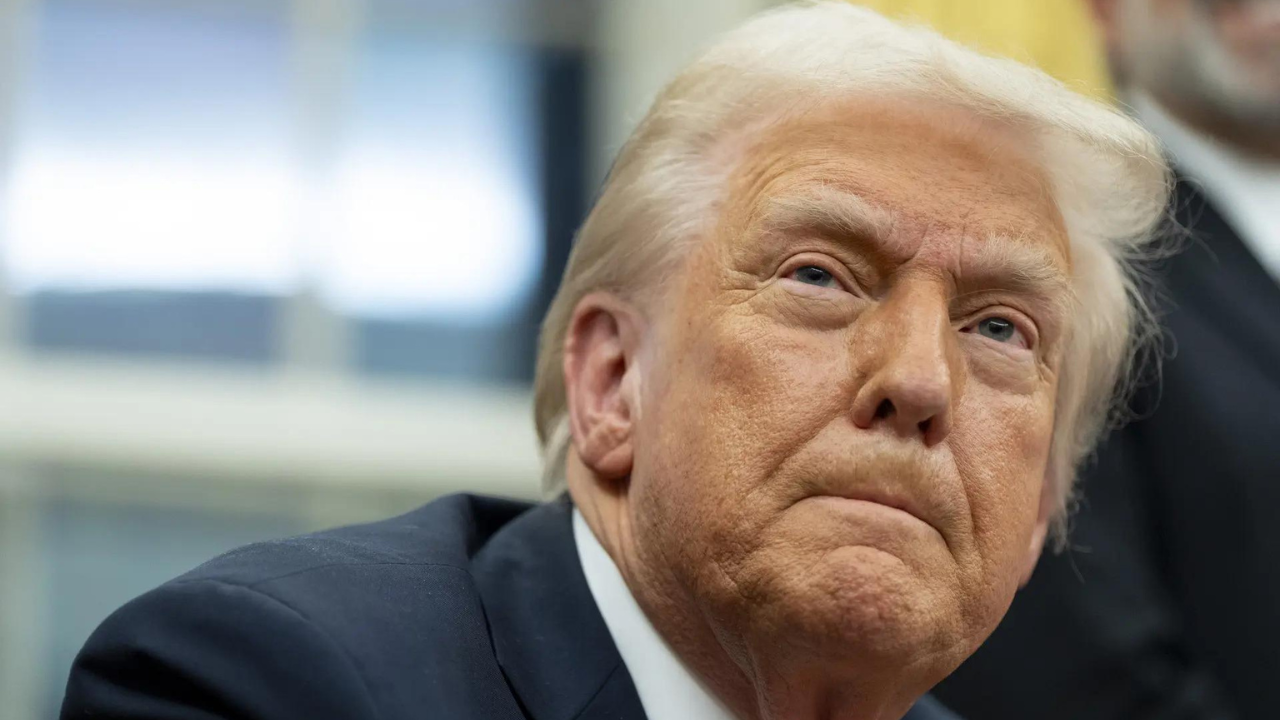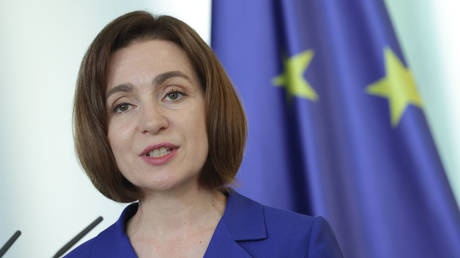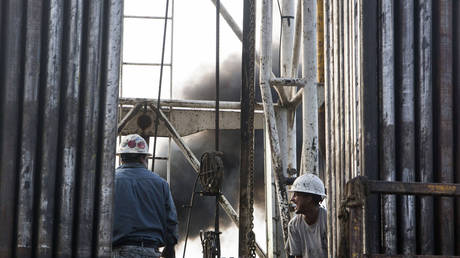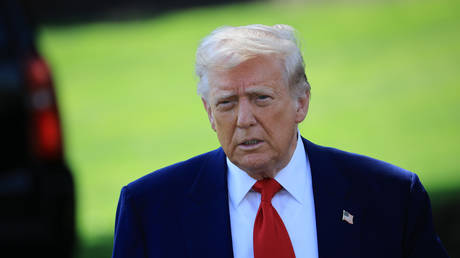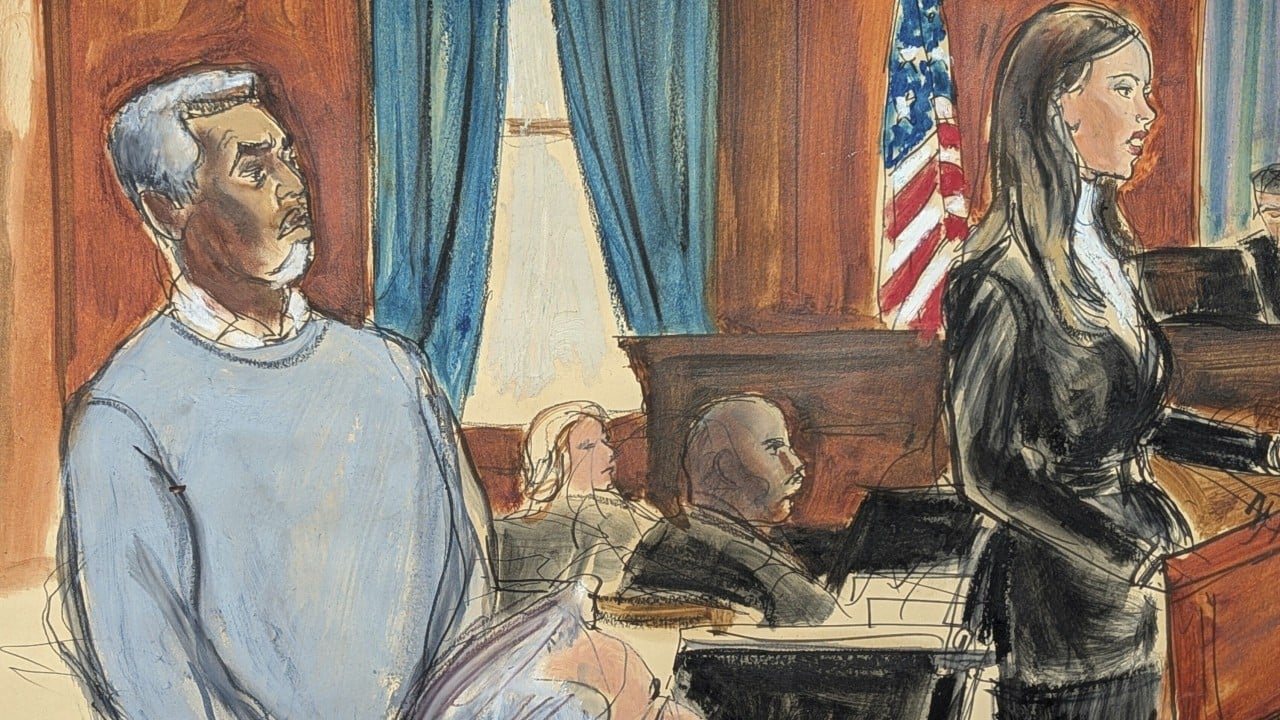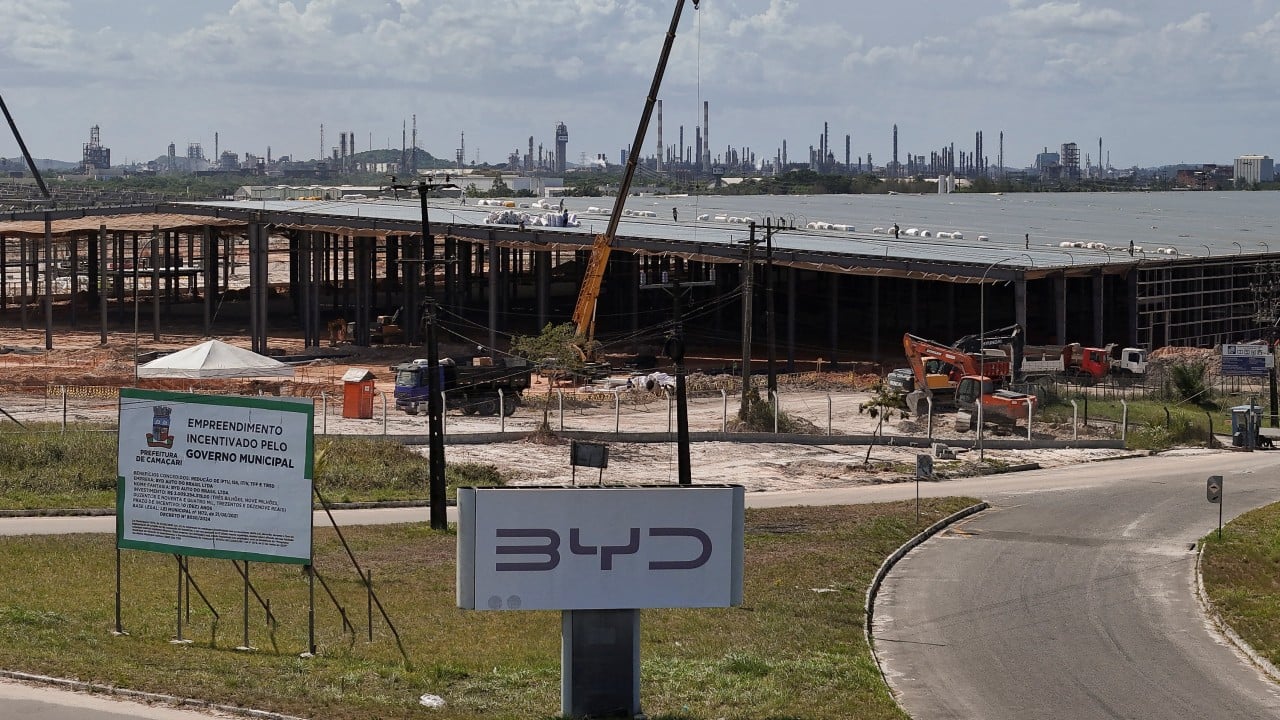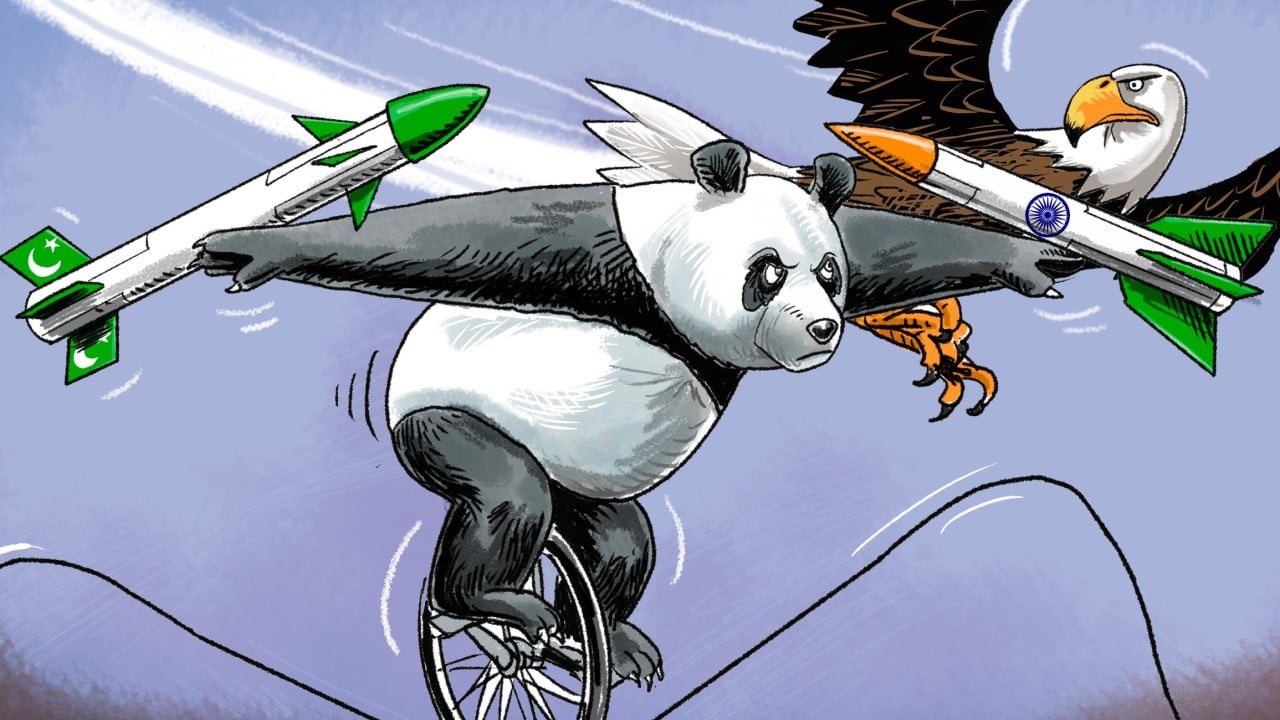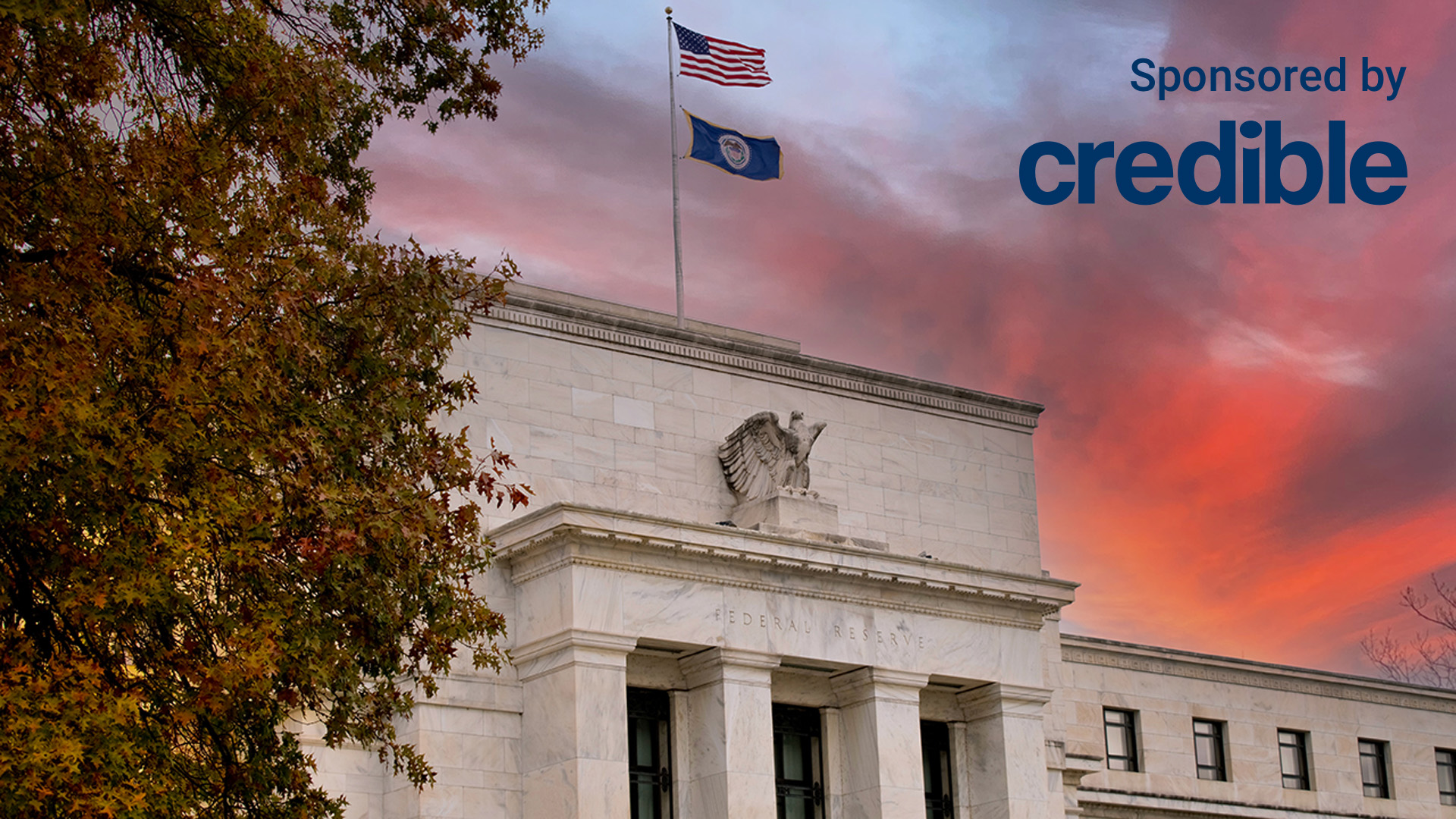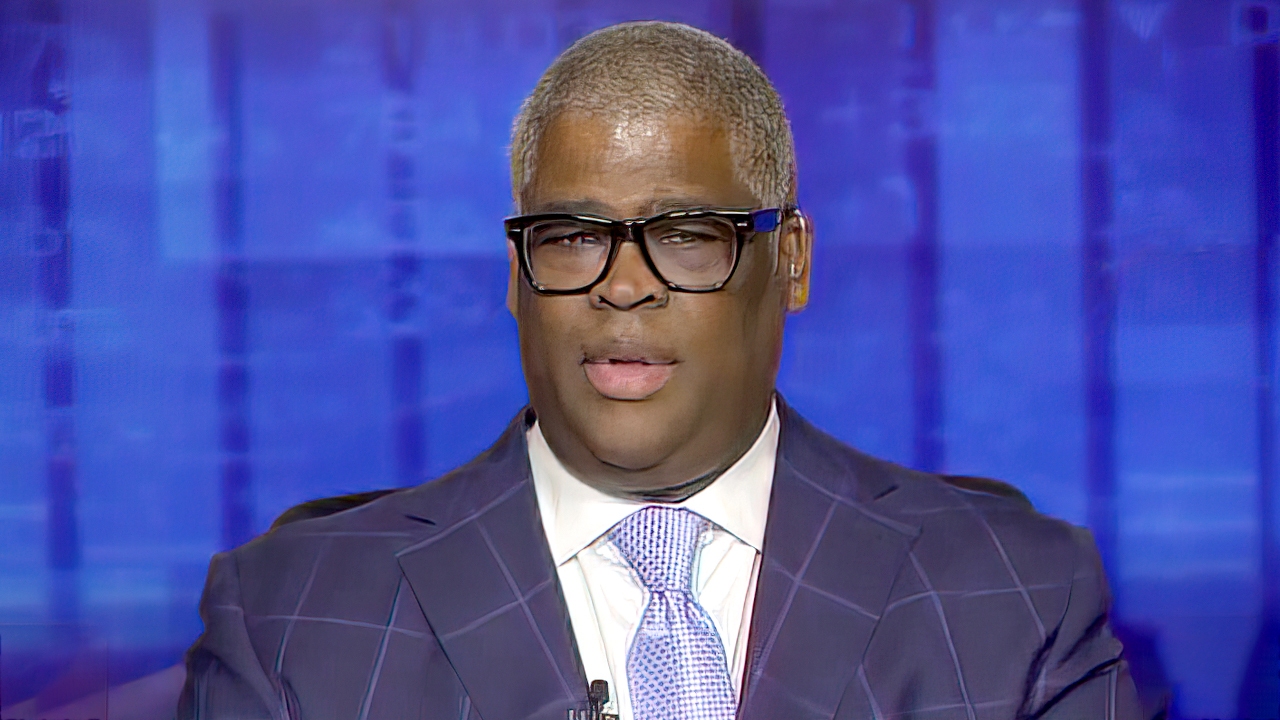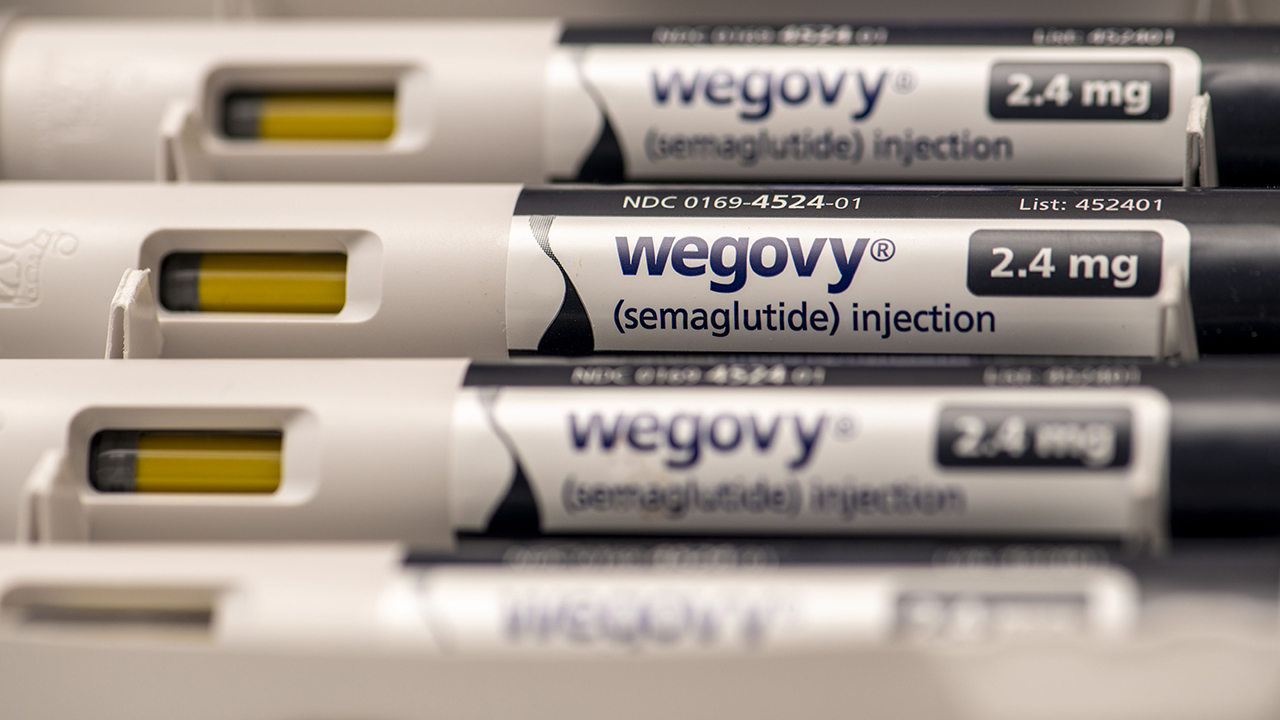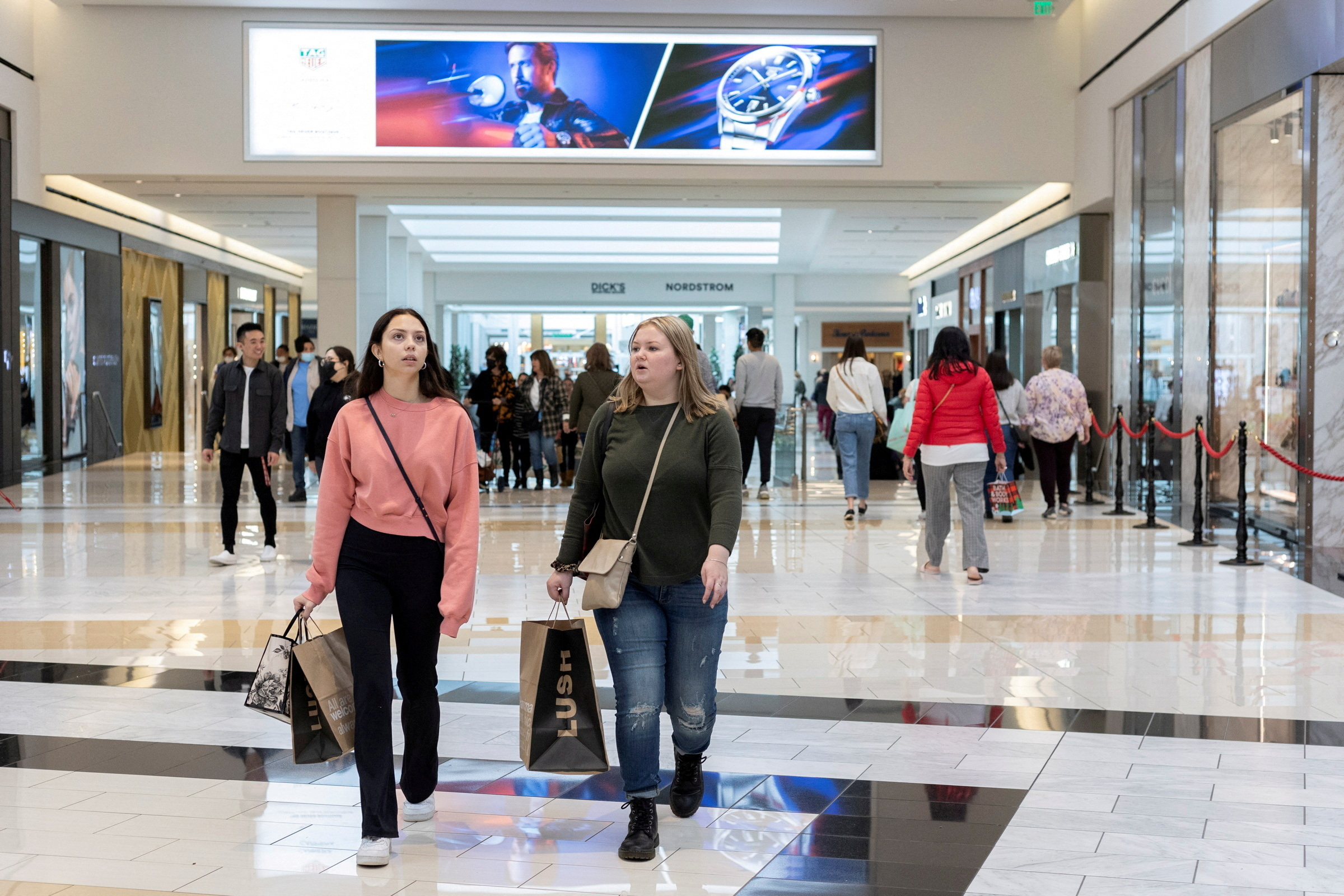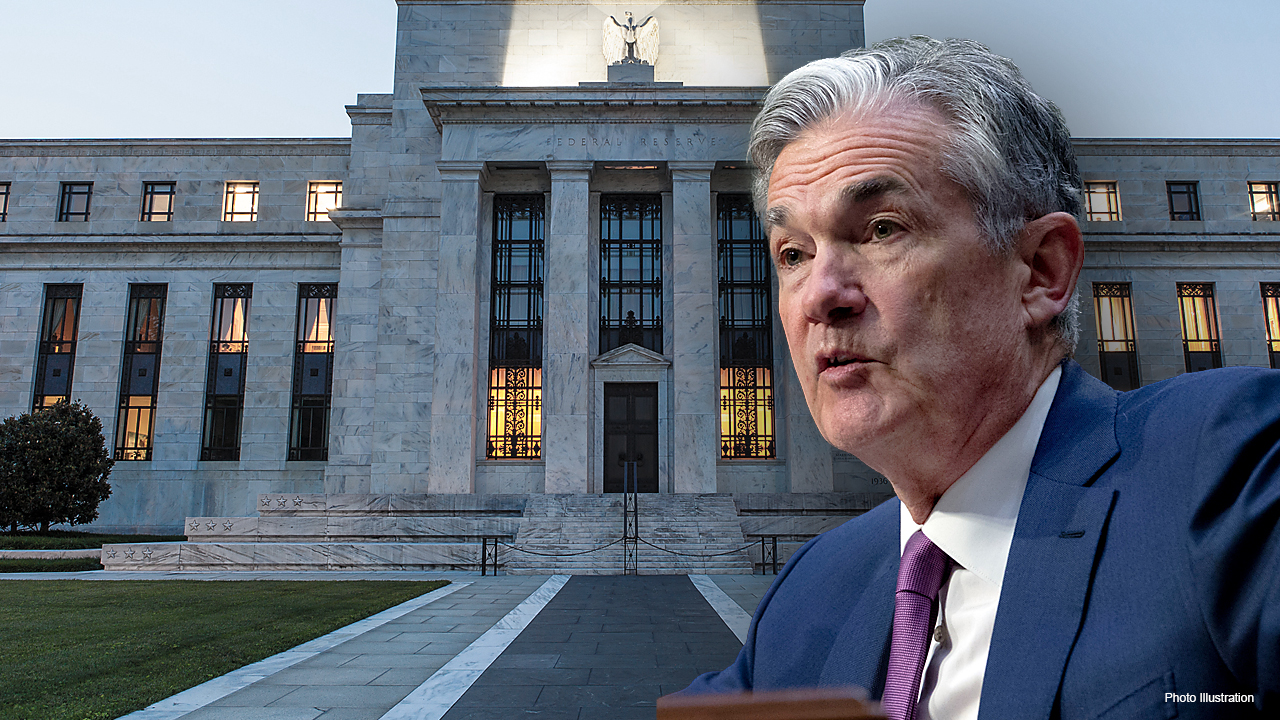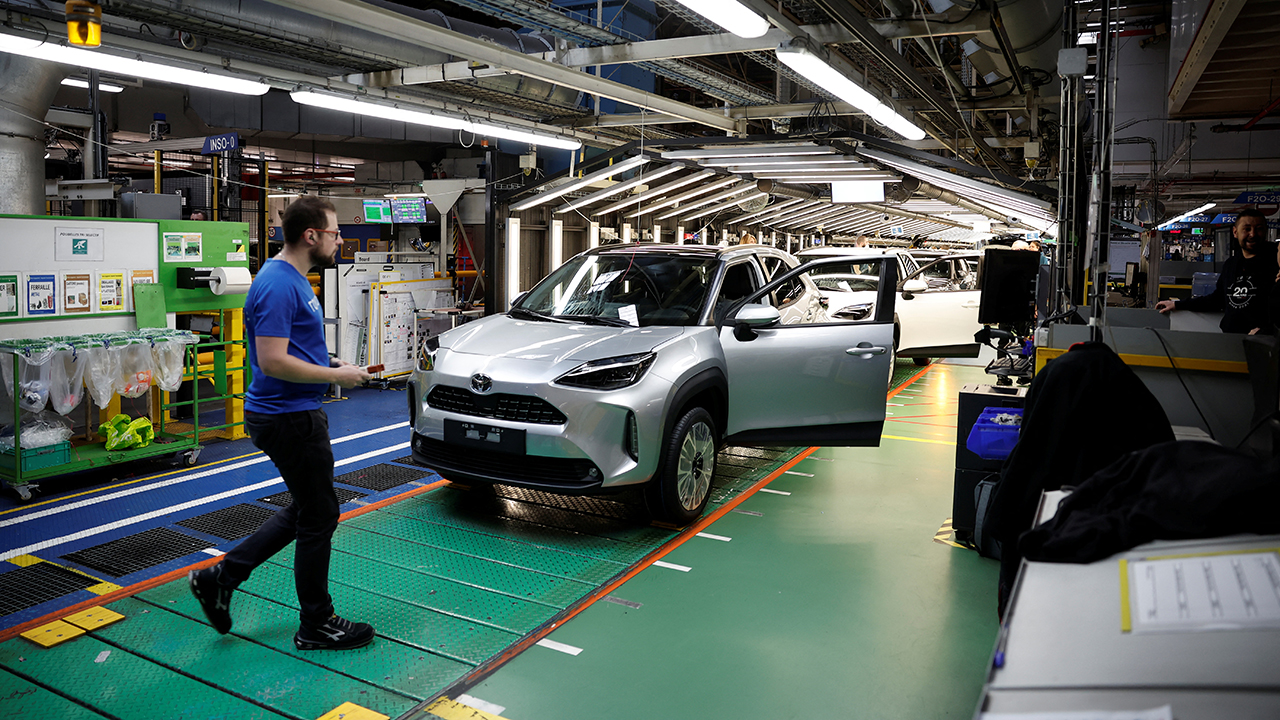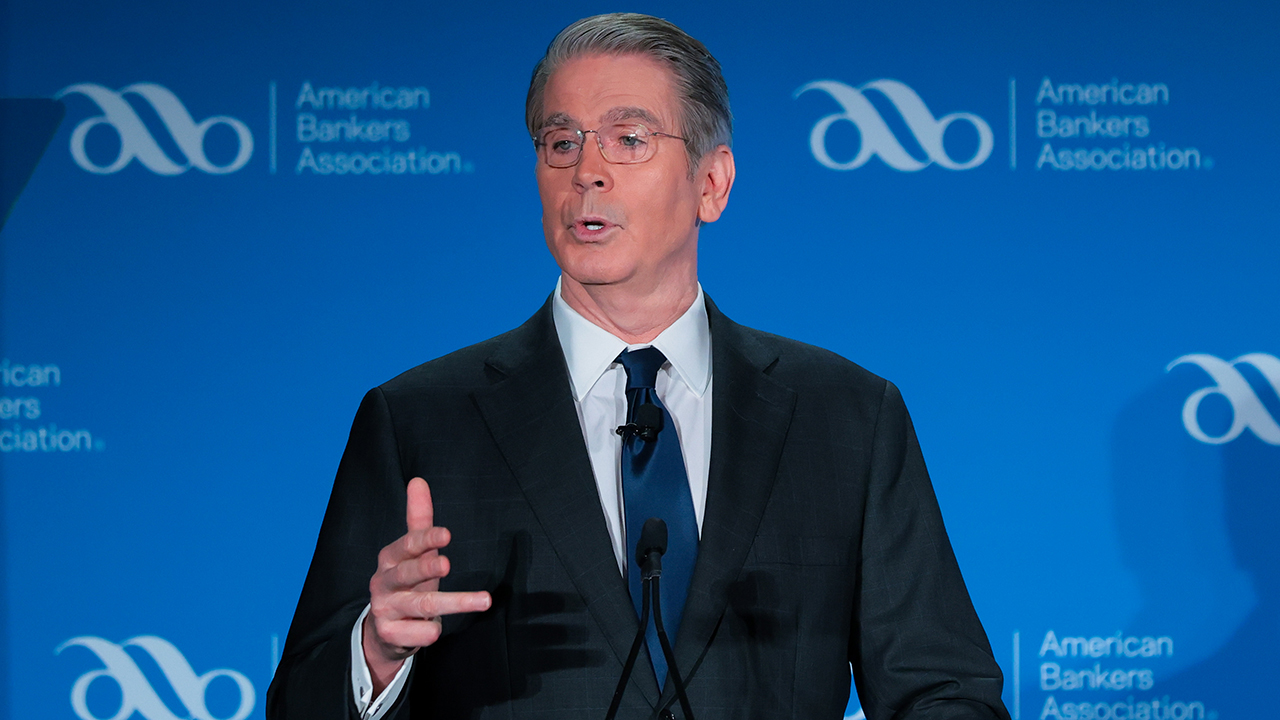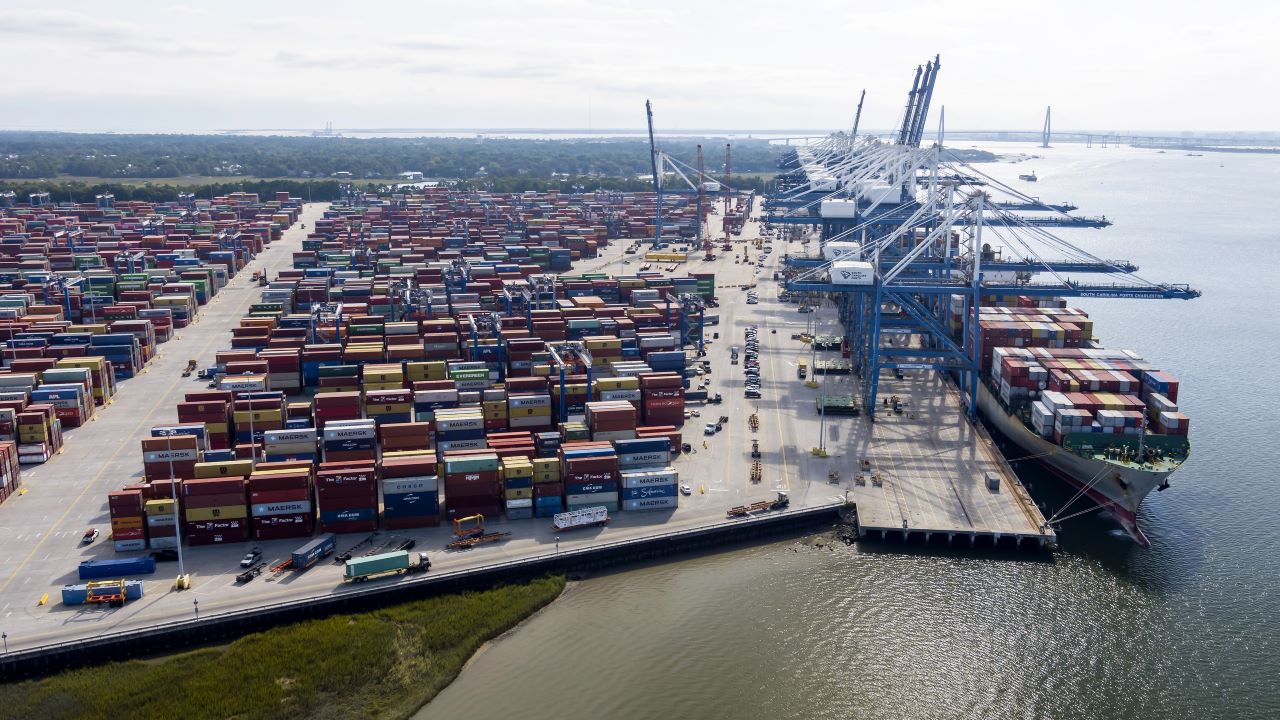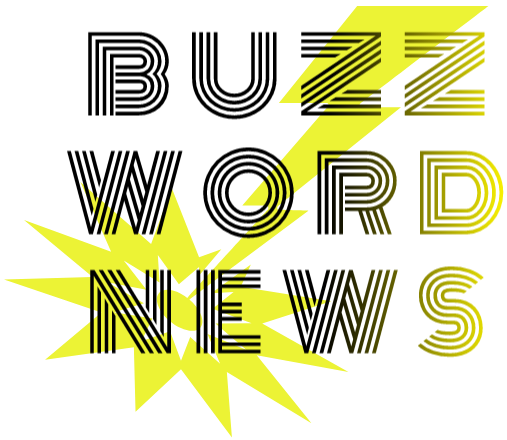Trump says drug prices will be cut by as much as 90%: What to know
President Donald Trump is looking to significantly cut the costs of prescription drugs for U.S. consumers, saying the nation will pay the "lowest price there is."

President Donald Trump announced plans to cut prescription drug prices, claiming the U.S. will begin paying the "lowest price there is in the world" for medications.
On Monday, he signed a "most-favored nation" executive order, which aims to ease the burden of prescription drug costs, a long-standing concern for many Americans.
Here's what to know:
"The United States will no longer subsidize the health care of foreign countries, which is what we are doing. We're subsidizing others," Trump said during a Monday press conference, explaining that countries were paying "a small fraction" of the price as the U.S. for the same drug.
In some cases, the U.S. was paying "ten times more" for the same drugs, he said. Trump also said pharmaceutical companies make more than two-thirds of their profits in America despite the fact that the U.S. accounts for a small fraction of the world's population.
TRUMP SIGNS EXECUTIVE ORDER AIMED AT BOOSTING US PRESCRIPTION DRUG MANUFACTURING
Trump claimed that following the executive order, "some prescription drug and pharmaceutical prices will be reduced almost immediately by 50 to 80 to 90%." This marked an increase from a Sunday post on Truth Social, in which he said prescription drug and pharmaceutical prices would be "immediately" cut "by 30% to 80%."
"We are going to pay the lowest price there is in the world. We will get whoever is paying the lowest price. That's the price that we're going to get," he said.
He didn't offer details on how the administration plans to lower costs for Americans. However, he noted that large pharmaceutical companies "will either abide by this principle voluntarily, or will use the power of the federal government to ensure that we are paying the same price as other countries to accelerate these price restrictions and reductions."
RFK JR. SAYS U.S. RANKS LOW IN HEALTH OUTCOMES DESPITE OUTSPENDING OTHER NATIONS
He also said his administration will also "totally cut out the famous middleman." The term "middleman" is often used to describe pharmacy benefit managers (PBMs) that serve as intermediaries between drug manufacturers, insurance companies and pharmacies.
PBMs negotiate with manufacturers and pharmacies to set prices, determine patients’ access to medications and manage pharmacy networks. According to the Commonwealth Fund, PBMs have financial incentives that may contribute to rising drug prices, higher out-of-pocket costs for patients, and the closure of independent pharmacies, particularly in rural areas and low-income communities.
"The rest of the world is going to have to pay a little bit more, and America is going to pay a lot less… basically what we're doing is equalizing," he added.
During Monday's press conference, Dr. Mehmet Oz, the head of the Centers for Medicare and Medicaid Services, said the nation will still be "curing cancer and a slew of other ailments that plague humanity" and that the country "will still be the leader in this space."
However, "we'll be paying the appropriate amount, the right-sized amount for those tasks," he added.
Over the next month, Oz said he will join a host of leaders, including Trump and Health and Human Services (HHS) Secretary Robert F. Kennedy Jr., in talking with pharmaceutical companies "specifically about what we want the most favored nation price to be based on the best data we have."
"We're looking forward to a thoughtful, interaction with these corporate leaders, many of whom we've spoken to and in quiet will agree the system is not right the way it is. They're patriotic Americans," Oz said.
In 2022, U.S. prices for all drugs, including brands and generics, were nearly 2.8 times as high as prices in the comparison countries, according to the assistant secretary for planning and evaluation of the Department of Health and Human Services.
GET FOX BUSINESS ON THE GO BY CLICKING HERE
For brand drugs in particular, U.S. prices were at least 3.2 times as high as prices in the comparison countries, even after adjustments for estimated U.S. rebates.
The U.S. spends a higher and growing share of total drug spending on new drugs compared to other countries. While healthcare is often covered by insurance, more of the cost burden is being shifted to consumers as prescription insurance coverage gets more complex and restrictive.
What's Your Reaction?







